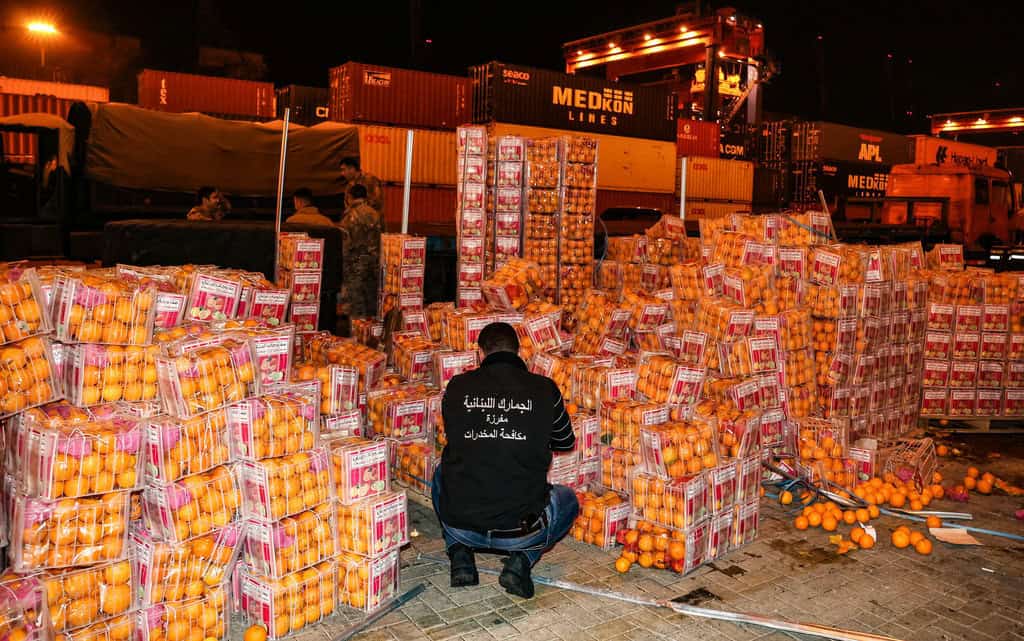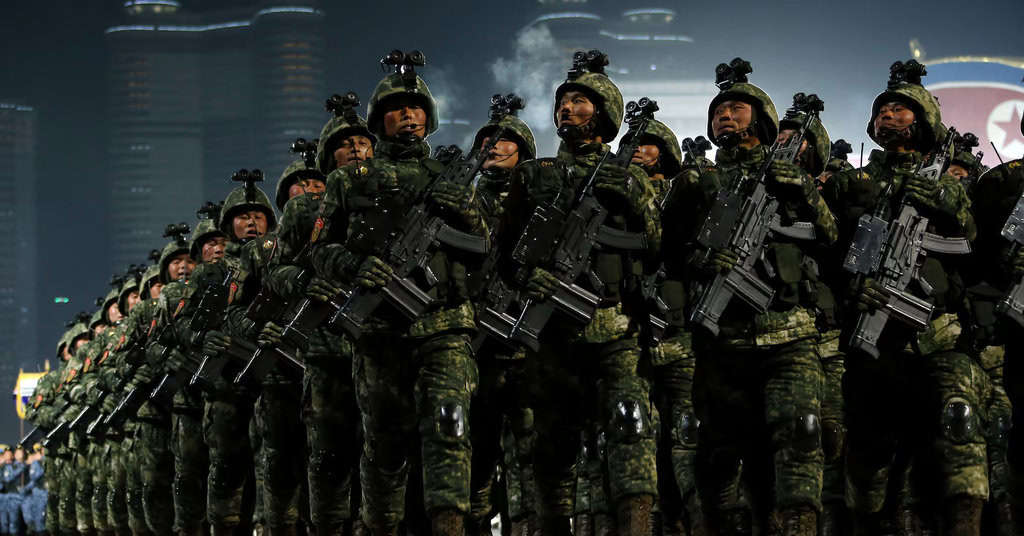The fall of Bashar al-Assad’s regime in Syria has exposed the depth of the country’s role in fueling one of the largest drug trafficking operations in the Middle East. Captagon, a methamphetamine-like drug, played a crucial part in Assad’s economic strategy, enabling the regime to bypass international sanctions, sustain its rule, and provide financial support to allies like Hezbollah. With the collapse of Assad’s grip on power, the future of this illicit trade is now in flux.
Captagon: A Pillar of Assad’s Regime
Captagon, originally developed in Germany in the 1960s, became the drug of choice in much of the Middle East. The regime capitalized on its production, which took place in large, industrial-scale facilities across Syria. Rebel groups, after their successful offensive against Assad’s forces, uncovered hidden warehouses and factories, revealing the full scale of the operation. Among the locations where rebels found captagon facilities were key sites like the Mazzeh air base in Damascus and a potato-chips factory in Douma, believed to be connected to the Assad family.
For years, the Assad regime leveraged the captagon trade to fund its military operations and enrich loyalist networks, including Hezbollah. It is estimated that the global captagon market is worth $10 billion annually, a figure comparable to the European cocaine trade. The Assad regime’s direct involvement earned it an estimated $2.5 billion from the trade.
Captagon’s Role in Regional Corruption
Captagon became deeply embedded in Syria’s political and military systems, with the Fourth Armored Division, commanded by Bashar al-Assad’s brother, Maher, overseeing most of the drug’s production and distribution. This created a complex and far-reaching patronage network that spanned the political, military, and economic arms of the regime. The discovery of these operations further confirms longstanding suspicions that the Assad government was not merely turning a blind eye to drug trafficking but was actively facilitating and benefiting from it.
Captagon’s production provided critical financial resources for the regime, particularly in the face of severe international sanctions. The trade also became a key funding source for Hezbollah, which benefited from its involvement in trafficking captagon across borders. With Syria’s collapse, the future of this financial pipeline is uncertain, putting Hezbollah under pressure as it faces escalating conflict in Lebanon and Syria.
The End of Assad’s Captagon Empire: What’s Next?
Despite the fall of Assad’s regime, the appetite for captagon across the Middle East remains high, especially in countries like Saudi Arabia. However, the dismantling of Assad’s extensive drug manufacturing operation may lead to a temporary supply shortage, which could drive up prices or cause users to turn to other substances, such as crystal meth, which is also becoming more prevalent in the region.
Hezbollah’s Struggles and Financial Pressure
As the primary militia benefiting from the captagon trade, Hezbollah’s role in the drug trade cannot be overstated. By diversifying its sources of income through captagon trafficking, Hezbollah was able to mitigate the financial strain caused by international sanctions. However, the organization is now facing significant financial pressure due to the ongoing conflict in Lebanon, particularly after a devastating military campaign by Israel.
The destruction of Hezbollah’s infrastructure in southern Lebanon and its reliance on captagon to support its operations means that its financial situation is precarious. The group is now under increasing pressure to sustain its social programs and compensate its supporters, who have suffered from the recent military devastation.
The Future of Captagon Trafficking in the Middle East
The removal of Assad’s regime has disrupted the Syrian captagon trade, but experts predict that the demand for the drug will remain. Criminal actors involved in the production and trafficking of captagon are likely to adapt, either by moving operations to other countries or switching to different drugs to meet the demand. Iraq has already emerged as a critical hub for captagon trafficking, with authorities seizing significantly larger quantities of the drug in recent years. This has positioned Iraq as a potential new center for the Middle East’s drug trade.
The rise of Iraq as a key trafficking node highlights the adaptability of the captagon trade and underscores the challenges facing authorities trying to curb its spread. While international law enforcement has cracked down on Syrian production, the captagon supply chain will likely continue to shift across the region, finding new routes and markets.
The Path Forward: Challenges for Regional Stability
As the captagon trade shifts, regional governments will continue to grapple with the consequences. The collapse of Assad’s captagon empire does not mark the end of the drug trade in the Middle East; it only opens a new chapter where other players, including Hezbollah and criminal groups, will step into the void. The growing demand for drugs, particularly stimulants like captagon, and the shifting landscape of the trade will pose significant challenges to both regional authorities and global law enforcement in the years to come.





